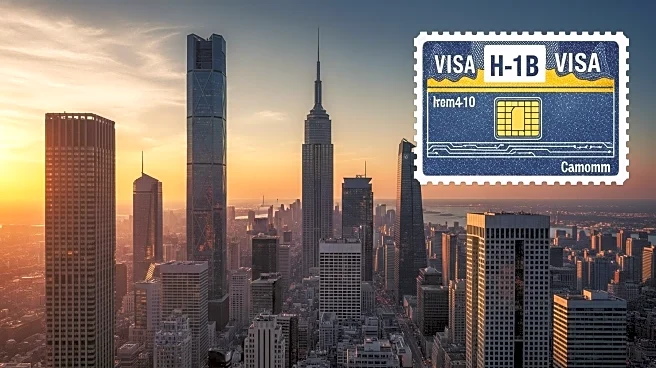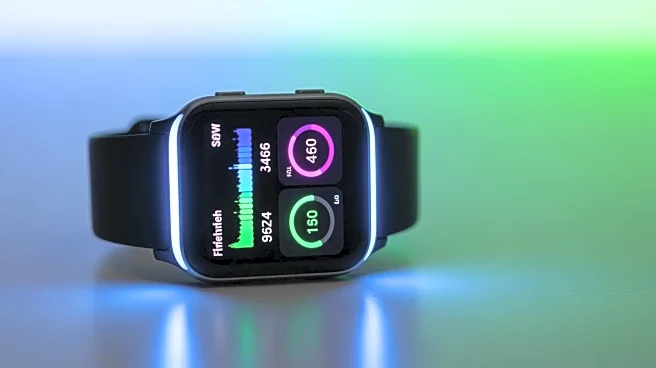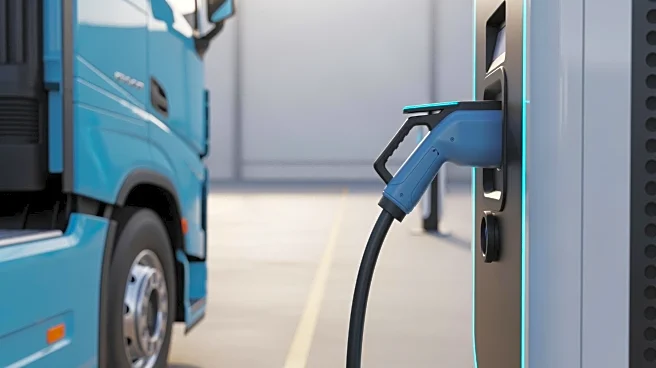What's Happening?
President Trump recently announced an increase in the application fee for H-1B visas to $10,000, a move that has caused significant concern within the tech industry, which relies heavily on this visa to attract international talent. Jeremy Neufeld, director of immigration policy at the Institute for Progress, discussed the implications of these changes, noting that while the intention behind the visa modifications is understandable, the execution has been problematic. Neufeld highlighted that some of the proposals contain loopholes and may inadvertently prioritize the wrong aspects, potentially leading to a reverse effect of what was intended by the Trump administration. The changes are currently in a 'notice and comment period,' allowing for public feedback.
Why It's Important?
The increase in H-1B visa fees and the accompanying changes could have significant repercussions for the U.S. tech industry, which is a major user of these visas to bring in skilled workers from abroad. The higher costs and potential loopholes in the new regulations may deter top international researchers and professionals from seeking opportunities in the United States, thereby impacting the country's competitive edge in the global tech market. Companies that rely on H-1B visas to fill critical roles may face challenges in maintaining their workforce, which could affect innovation and growth within the industry.
What's Next?
As the changes are currently open for public comment, there is potential for further modifications based on feedback from stakeholders. The tech industry and other affected sectors are likely to advocate for adjustments that address the identified loopholes and ensure that the visa system effectively supports the recruitment of valuable international talent. The outcome of this feedback period will be crucial in determining the final structure of the H-1B visa program and its impact on the U.S. economy and global tech leadership.









